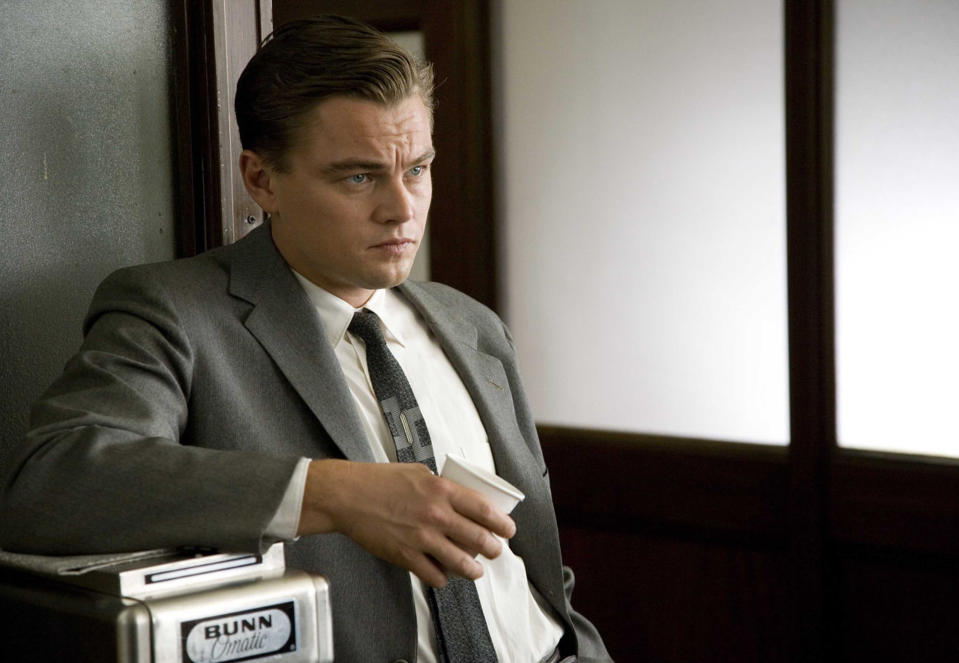They Don’t Climax in IMAX — or, Why Films with Sexy Sizzle Are Rare Today

Luca Guadagnino’s tennis relationship drama “Challengers” (Amazon MGM) opens Friday amidst chatter that it represents the rarest of films — a wide-release American sex sizzler, an erotically charged story with young actors with sexual impulses central to its plot.
The marketing forebears for “Challengers” are akin to movies that we’ve not seen in a long time like “Carnal Knowledge,” “Body Heat,” “Don’t Look Now,” and “Fatal Attraction.” These films, where sex can be sweaty and dangerous, were elevated by big stars who dared to play off their images. Other examples include Kevin Costner (“No Way Out”), Debra Winger (“An Officer and a Gentleman”), Mel Gibson and Sigourney Weaver (“The Year of Living Dangerously”), Jane Fonda (“Klute”), and Warren Beatty (“Reds,” “Shampoo,” et. al.).
More from IndieWire
Bob Bakish Expected to Resign as Paramount CEO Amid Skydance Merger Talks
Sony Delays New 'Karate Kid' Movie to 2025 to Accommodate Final Season of 'Cobra Kai'
In the “Challengers” press tour, Zendaya (also a producer here) — with six of her previous seven live-action theatrical releases having domestic grosses of $100 million or more — took pains to dispel notions that her movie contains any sex scenes. Her Emmy-winning role in “Euphoria” saw her less involved in the show’s many explicit scenes.

And Zendaya’s right: Unlike its predecessors, the sizzle of “Challengers” comes more from erotic potential than consummation — including sexual tension and possible attraction between the men (Mike Faist and Josh O’Connor, both objectified more than Zendaya).
Add director Luca Guadagnino, whose past films include “Call Me by Your Name.” That Italian-set film about the budding relationship between a 17-year-old youth and a somewhat older man was, by definition, not traditional. Like “Brokeback Mountain,” it downplayed physical intimacy in favor of dialogue and a greater emphasis on emotional connections. (In one key scene, “Call Me” panned away from a potentially explicit moment to a shot of a tree.)
Contemporary attitudes toward sex and the increased challenge to avoid condemnation might seem reason enough for fewer sexy movies. However, the decline also traces back to the decline in dramas and other standalone movies. The franchise trend, which began nearly 50 years ago, elevated sequels, FX, and stunts above human drama. Add to that the need for global appeal, which meant dealing with issues of censorship and cultural differences.
Dominant directors of recent times like Martin Scorsese, Christopher Nolan, David Fincher, James Cameron, and Quentin Tarantino don’t do intimate relationship dramas. Neither do comic-book movies — unless you count the nipples added to George Clooney’s Batsuit as erotic controversy.

The same holds true for most leading actors. Leonardo DiCaprio became a major star with the romance of “Titanic” (“Put your hands on me, Jack!”), but it’s much easier to count his films that centered on intimate dramas like “Romeo + Juliet,” and “Revolutionary Road” (about a marriage with its passion spent).
Even James Bond films have followed a similar trajectory. The Sean Connery years offered a string of encounters with women suitable for Playboy pictorials. The Daniel Craig years offered little in the way of extracurricular activity. “Top Gun” had as a major plot element Maverick’s pursuit of a female flight instructor, which was prominent in that film’s marketing; romantic pursuits were not part of its sequel.
Of course, “Maverick” thrived in premium theaters, which enhance FX, explosions, action, stunts, and intricate sound design. Films with sexual intimacy tend to be slower and quiet.
“Challengers” will get significant IMAX play in its first week, in part because Zendaya is already an established IMAX presence thanks to “Spider-Man” and “Dune.” It’s an unusual film for large-format play; perhaps it’s worth it for the tennis scenes?
However, the anomaly helps explain why films like “Challengers” are rare for broader audiences: They don’t fit the current standards for big movies, when audiences demand more of a literal bang for their ticket-buying buck.
This makes audience response to this $55 million film significant. Expectations are for around a $15 million domestic start. “Anyone but You,” another R-rated relationship film (with Zendaya’s “Europhia” co-star Sydney Sweeney), grossed $219 million worldwide with only a $25 million production cost. Anything approaching “Anyone but You” numbers would make studios reconsider the value of on-screen sexy hijinks.
Best of IndieWire
The Best LGBTQ Movies and TV Shows Streaming on Netflix Right Now
Guillermo del Toro's Favorite Movies: 54 Films the Director Wants You to See
Nicolas Winding Refn's Favorite Films: 37 Movies the Director Wants You to See
Sign up for Indiewire's Newsletter. For the latest news, follow us on Facebook, Twitter, and Instagram.


